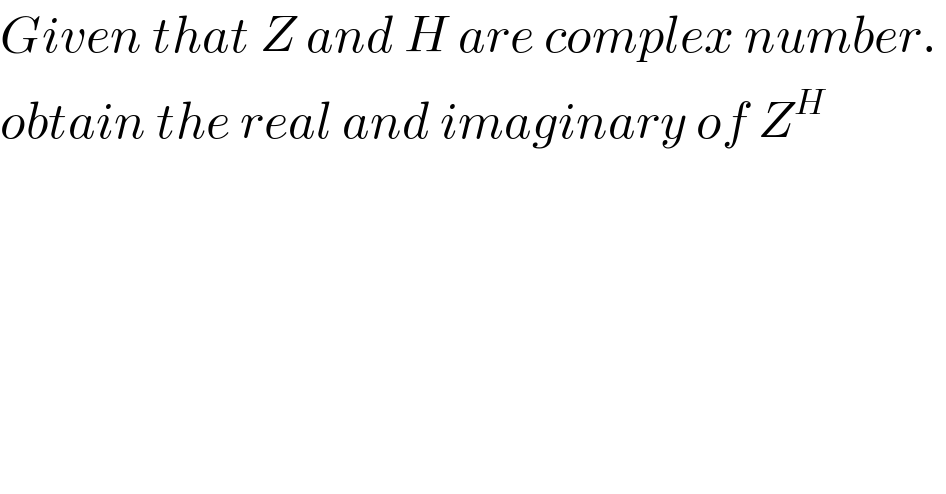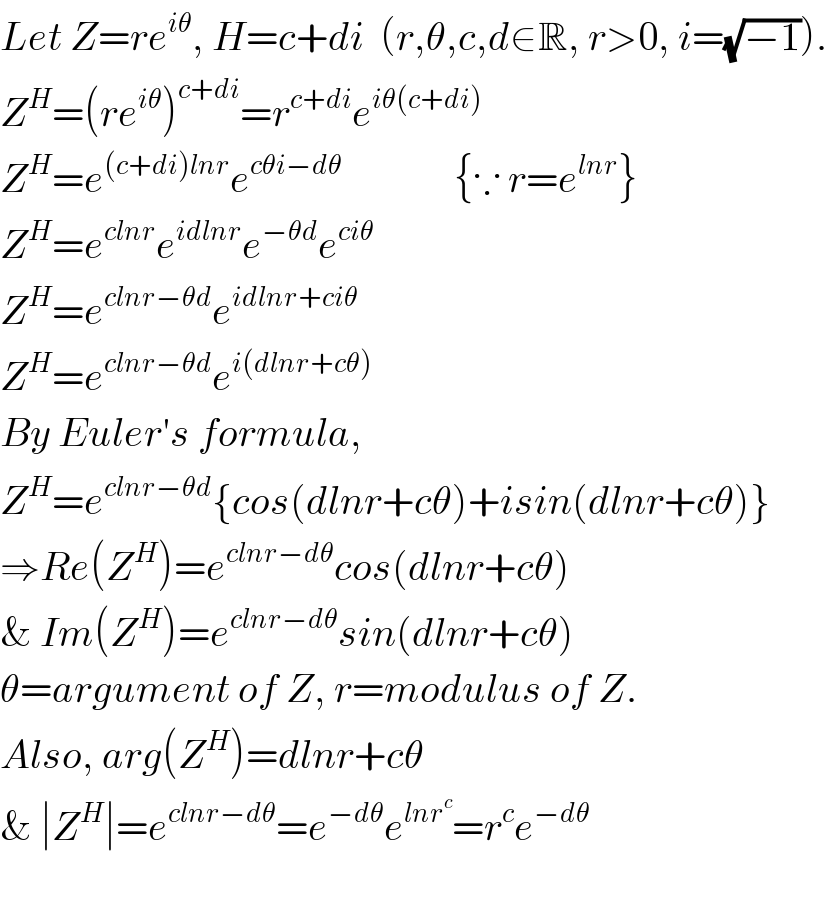
Question and Answers Forum
Question Number 7748 by Tawakalitu. last updated on 13/Sep/16

Answered by Yozzia last updated on 13/Sep/16

Commented by Tawakalitu. last updated on 13/Sep/16

| ||
Question and Answers Forum | ||
Question Number 7748 by Tawakalitu. last updated on 13/Sep/16 | ||
 | ||
Answered by Yozzia last updated on 13/Sep/16 | ||
 | ||
| ||
Commented by Tawakalitu. last updated on 13/Sep/16 | ||
 | ||